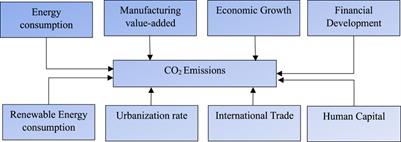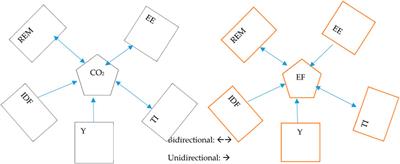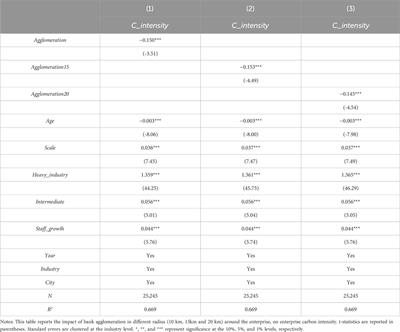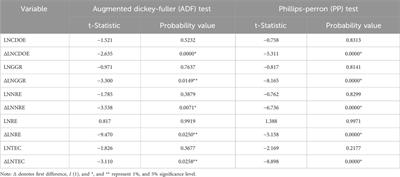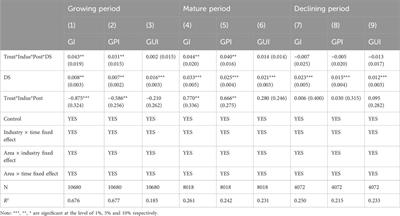ORIGINAL RESEARCH
Published on 27 Nov 2024
Environmental degradation in emerging-market economies of Africa: evaluating impacts of human capital development, international trade, renewable energy consumption, and urbanization
doi 10.3389/fenvs.2024.1445476
- 1,067 views
